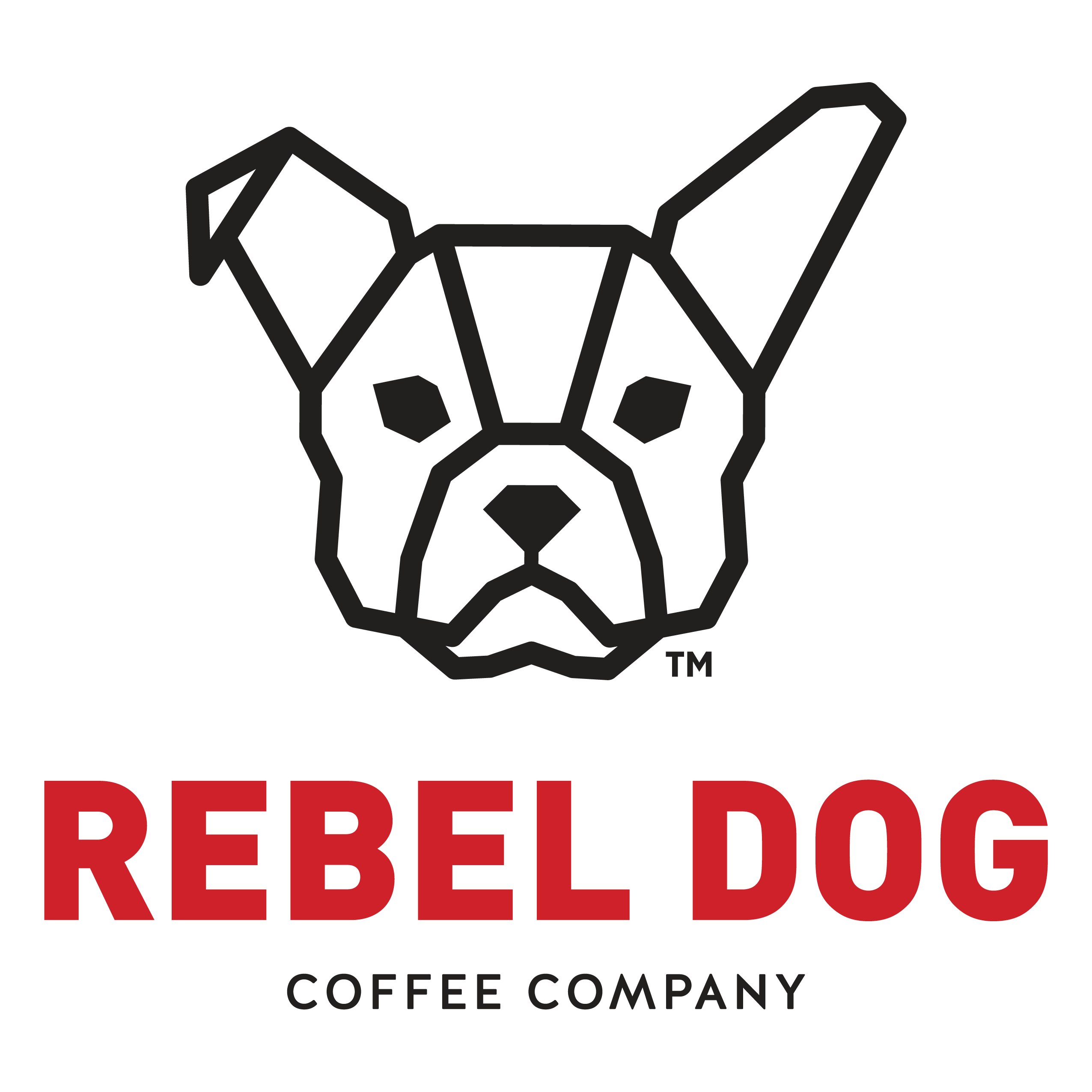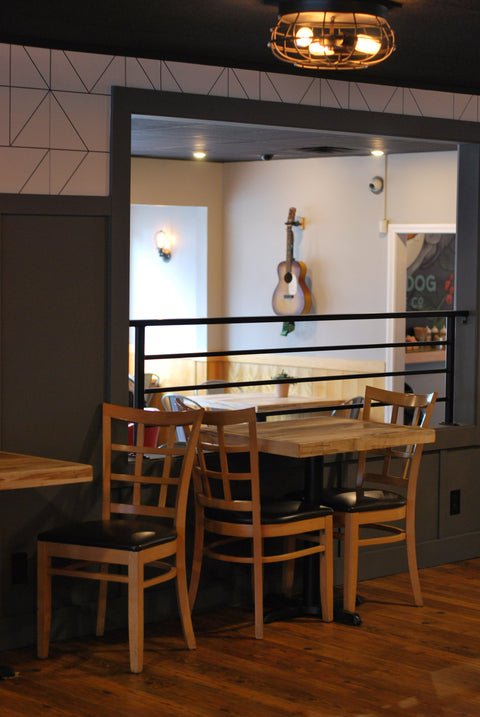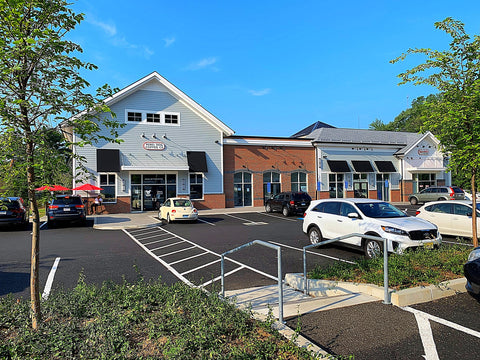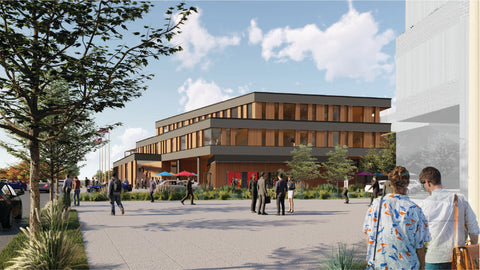Origin Explorer Bundle Includes
This sweet yet delicate coffee from Kenya’s Central Highlands showcases a stunning balance of florals, fruits, and gentle spices. With additional tea-like notes and body, it’s an altogether delightful experience to sip.
Roast Level: Light
Tasting Notes: Rose, White Grape Juice, Apple Crisp
Varieties: Ruiru 11, SL28, SL34
Growing Altitude: 1,650 masl
Processing Method: Washed, sun-dried on raised beds
Gulmarg is a 145ha coffee farm first established by British colonists but is now one of 6 estates owned and operated by Sasini, a publicly listed company with a majority Kenyan ownership.
Sasini’s estates have long placed an emphasis on equity and community. In the case of the estates’ workers this involves the provision of living quarters, early child education, union membership and guaranteed payment above minimum wage. In collaboration with Covoya and over 30 of their customers, they have also been able to invest further in the local primary school Njenga Karume. This has principally been through the building of a new computer lab to equip students with the IT skillset to maximise their oppotunities in an increasingly digital world.
It seems likely that coffee grew wild within the region that would become Kenya, buried deep inside impenetrable forests, or perhaps hiding in plain site; but it wasn’t until 1895 that missionaries both protestant and catholic attempted to grow coffee for commercial purposes. The 100 seeds from Reunion Island that would serve as progenitors to the Kenyan coffee industry arrived on a train, carried by priests belonging to an order known as “Holy Ghost Fathers.” On August 12th, 1899, they arrived at the spot that would quickly become the country’s capital city. One of the early protestant medical missionaries was Dr. Henry Scott. After his death in 1911, a new hospital complex was named after Dr. Scott and when the department of agriculture took over the complex in 1923 they kept the name: Scott Agricultural Laboratories, or “Scott Labs.” This is the origin of the “SL” in SL28 and other coffee varieties selected at the lab.
This organically grown Mexican coffee from the Fair Trade certified Campesinos Ecologicos de la Sierra Madre de Chiapas (CESMACH) is so smooth and almost too easy to drink!
Roast Level: Medium
Tasting Notes: Nougat, Marzipan, Cognac
Varieties: Bourbon, Typica, Mundo Novo
Growing Altitude: 1,300 - 1,500 masl
Processing Method: Washed
Campesinos Ecologicos de la Sierra Madre de Chiapas (CESMACH) has nearly 500 active farmer members and has been managed by Sixto Bonilla since the early 2000s. Sixto is very quality-focused and driven to empower his cooperative community with the tools and resources to produce better quality.
The farms of CESMACH are located in the buffer zone of El Triunfo Biosphere Reserve, which is in the highlands of the Sierra Madre. It is one of the most diverse forest reserve areas in the world and contains Mesoamerica's largest cloud forest, as well as a protected natural environment for thousands of plant and animal species. All of the coffee produced here is shade-grown, and this particular lot of coffee is both organically grown and Fair Trade certified.
Cafe Imports and CESMACH, along with another cooperative, Finca Triunfo Verde (FTV), have invested in a quality-control program for their farmer members focused on different areas that impact cup quality such as: varieties, fertilization, picking, processing, and lot selection. They were already doing a great job but there are some areas that could use some tweaking with the invested help from Cafe Imports. The members of the cooperative have been extremely excited to be part of this program, and the plan is to train a certified Q Graderand establish a centralized cupping lab to aid in lot selection in order to increase the overall quality of the coffee they are producing and give feedback to the producers on their quality.
About twelve years ago, the CESMACH cooperative started a coffee nursery designed specifically to renew the crop lost to La Roya (coffee leaf rust disease). In 2015, CESMACH planted 700,000 trees from their nursery in the surrounding coffee producing communities of Sierra Madre de Chiapas to increase production and improve quality. You can view a short video from this project here: https://vimeo.com/141684714
Café Orgánico Marcala Sociedad Anónima (COMSA) is a thought leader for Central American cooperatives and organic coffee production. In addition to serving their now 1,200+ members, COMSA’s multiple projects teach organic farming practices, produce affordable organic inputs and positively impact their communities through social projects.
Roast Level: Dark
Tasting Notes: Dark Toffee, Blackcurrant, Rye
Varieties: Catuai, Caturra, Lempira, Pacas
Growing Altitude: 1,300 - 1,500 masl
Processing Method: Fully Washed
COMSA is focused on sustainable, organic agriculture. Their training structure both disseminates knowledge and puts a focus on experimentation and innovation, building a cooperative membership that strongly believes in and practices sustainable agriculture.
Many member farmers create experimental plots for trialing new techniques and tailoring organic inputs to their specific needs. COMSA also supports members in building processing infrastructure to make value addition through quality processing more accessible to their members.
In 2019, COMSA started a recycling plant that collects recyclable materials from 44 educational centers in Marcala. Any non-recyclable materials are incinerated to prevent pollution.
COMSA also supports beekeeping as a source of income diversification and natural medicine for coop members.
When COMSA purchased Finca La Fortaleza, the land was abandoned. Under their care, La Fortaleza became a model farm for COMSA members as well as a grassroots training facility for cooperatives across Honduras and beyond. The farm includes space for farmer trainings and classes, and their on-site cabins host everyone from eco-tourists to NGO workers to field technicians from other cooperatives.
In addition to the farm’s training center, COMSA produces organic fertilizers, pesticides and foliant sprays on-site at Finca La Fortaleza. They also cultivate all kinds of vegetables and herbs in the farm’s garden, mainly for use in natural medicines.
COMSA’s leaders recognized that in order to change their future, they need to invest in today's youngest generations. In 2017, COMSA purchased a failing private school next door to their wet mill in Marcala and founded their international school.
Most students are the children of cooperative members or coffee farm laborers, and an impressive 80 to 90% of students are on scholarships. A school bus transports children to and from school daily. Students range in age from 6 months to 17 years.
Another remarkable aspect of the school is its progressive teaching principles. Teaching practices draw from a variety of educational philosophies including Montessori principles and the Doman method (a groundbreaking method for teaching students with learning disabilities). Classes are dual language and all students learn Spanish and English.





